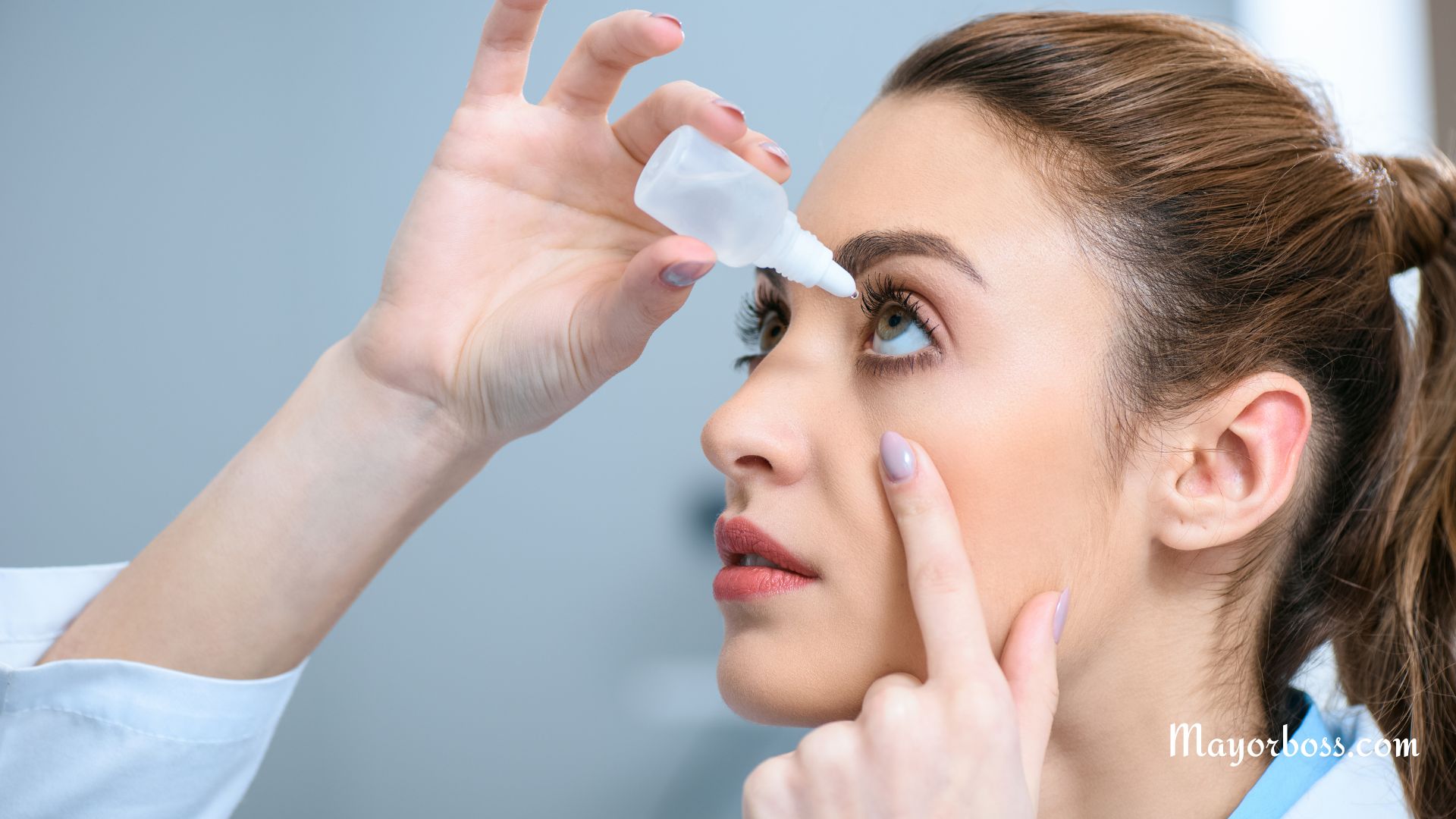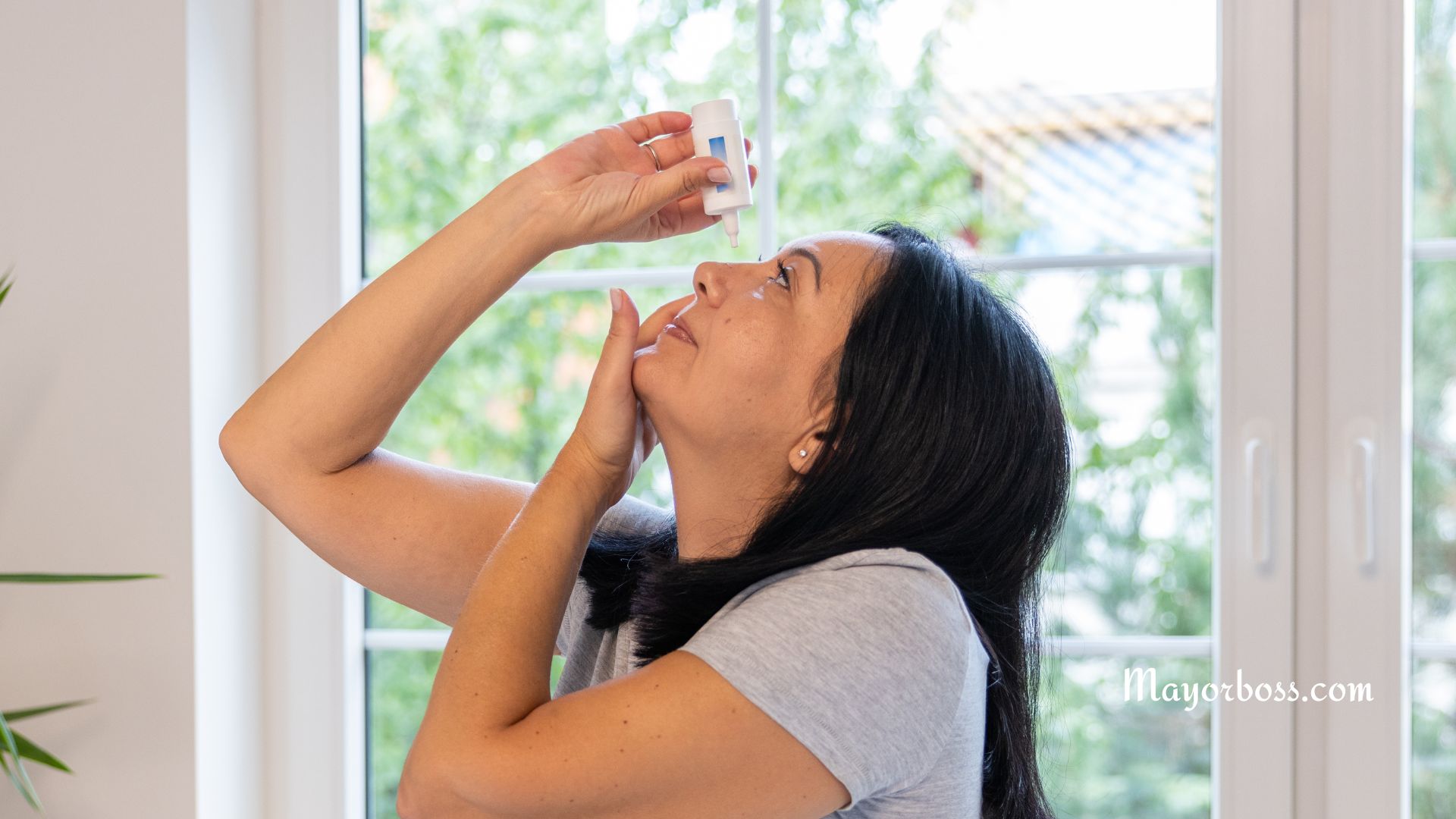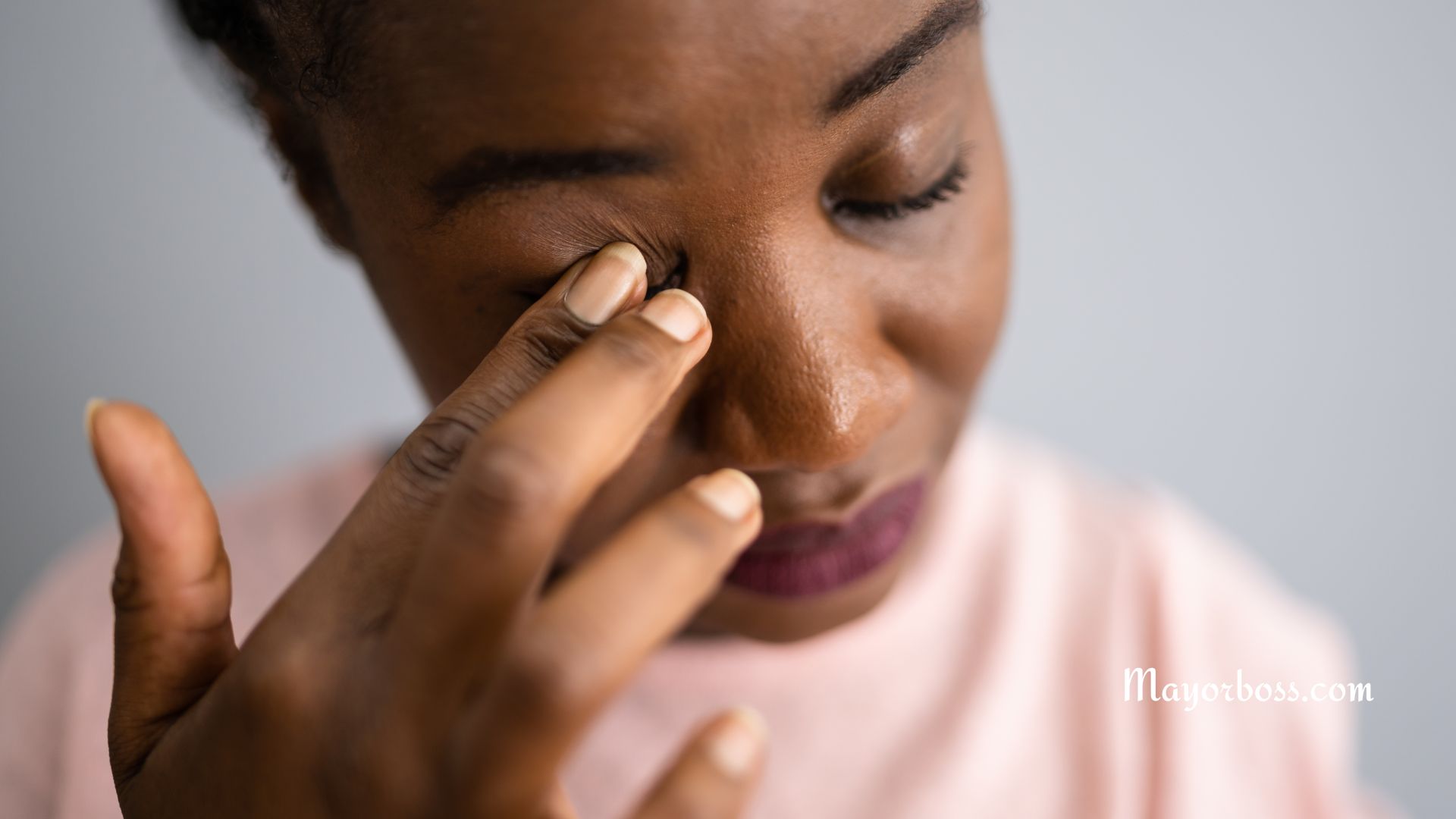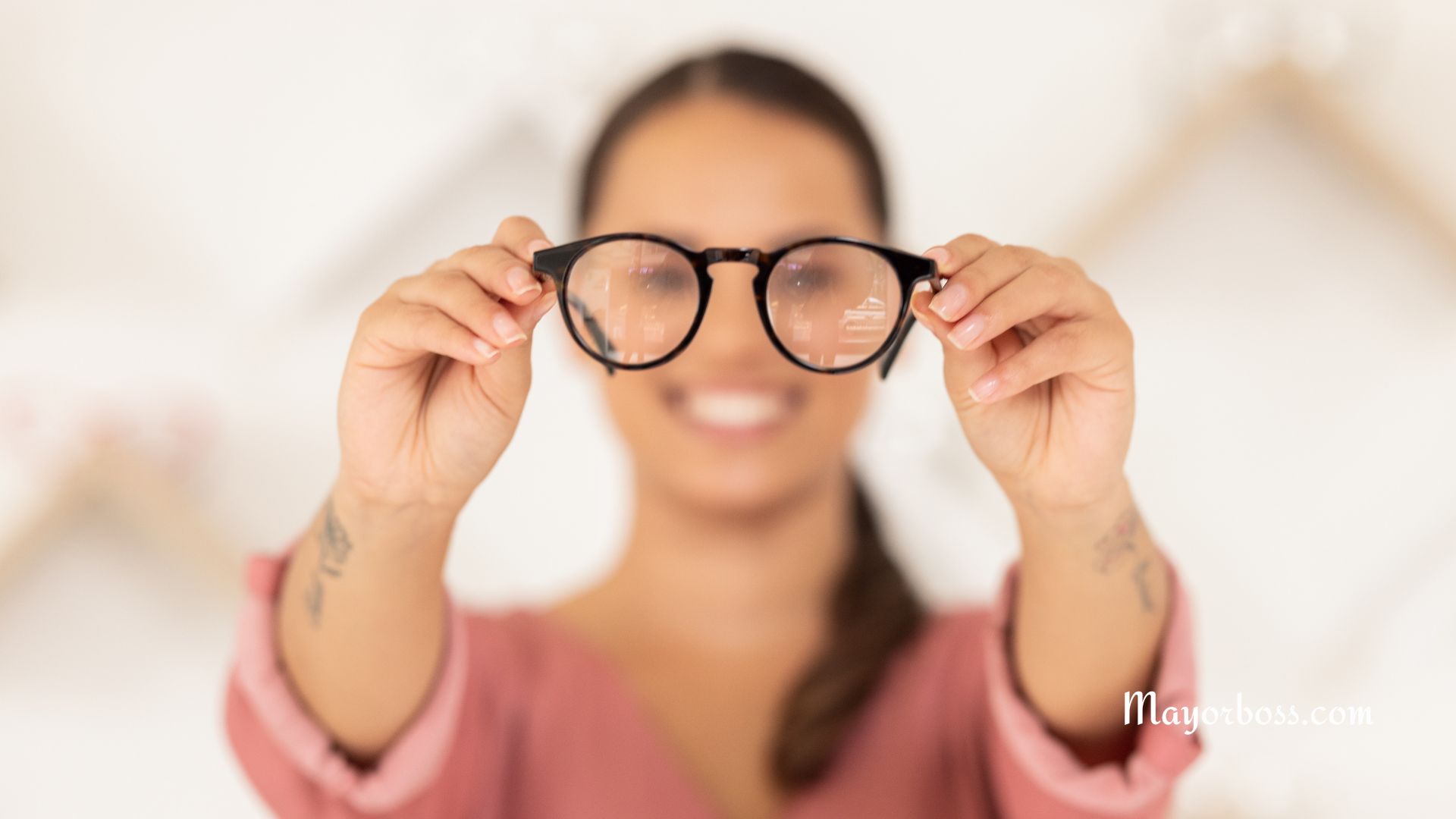Night Blindness: What It Is and How to Deal With It
What is night blindness? Night blindness (nyctalopia), or difficulty seeing in low-light conditions, isn’t a disease in itself but a symptom of other eye conditions. Often linked to issues like vitamin A deficiency, retinitis pigmentosa, and cataracts, night blindness can seriously affect your quality of life.

What Causes Night Blindness?
Vitamin A Deficiency
When you’re low on vitamin A, your eyes struggle to convert light into nerve signals to the brain. This can make it tough to navigate the world once the sun sets. Foods rich in vitamin A, like carrots and sweet potatoes, can help.
Retinitis Pigmentosa
This genetic disorder affects the retina, the part of your eye that senses light. Over time, it damages your peripheral vision and makes it harder to see in the dark. Unfortunately, there’s no cure yet, but treatments like gene therapy are under investigation.
Cataracts
Clouding of the eye lens can scatter incoming light, causing difficulties in low-light conditions. Surgeons can usually remove cataracts to restore normal vision.
Other Conditions
Sometimes, night blindness can be a side effect of certain medications or may be associated with other eye conditions like glaucoma and macular degeneration.
How Is Night Blindness Diagnosed?
Eye Tests
Regular eye check-ups often reveal underlying issues that could cause night blindness. Doctors usually conduct a visual field test and may use devices like a tonometer to measure eye pressure.
Blood Tests
To rule out vitamin A deficiency, a simple blood test can provide the answers. If your levels are low, your doctor might recommend a diet change or supplements.
How to Manage Night Blindness
Dietary Changes
Boosting your intake of vitamin A can sometimes help. Foods like fish, dairy, and colorful fruits and vegetables are good choices.
Assistive Devices
For those with severe night blindness, assistive devices like night vision goggles or specialized lenses can make a world of difference.
Medical Treatments
In some cases, surgery or medication may be the best course of action. For example, removing cataracts can significantly improve vision, and some medications can manage symptoms of other eye conditions.
Prevention Tips
Regular Eye Check-ups
Frequent eye exams can catch issues early before they worsen and cause symptoms like night blindness.
Protective Gear
Wearing sunglasses to protect your eyes from harmful UV rays can also be beneficial, as excessive exposure can harm the retina.
Balanced Diet
Eating a balanced diet rich in vitamins and minerals can not only prevent vitamin A deficiency but also support overall eye health.
So, if you’re struggling to see when the lights are low, a visit to your optometrist can help. Night blindness is often treatable, and with the right approach, you can improve your vision and your quality of life.
Further Reading: Why Do You Struggle to See at Night While Driving?






